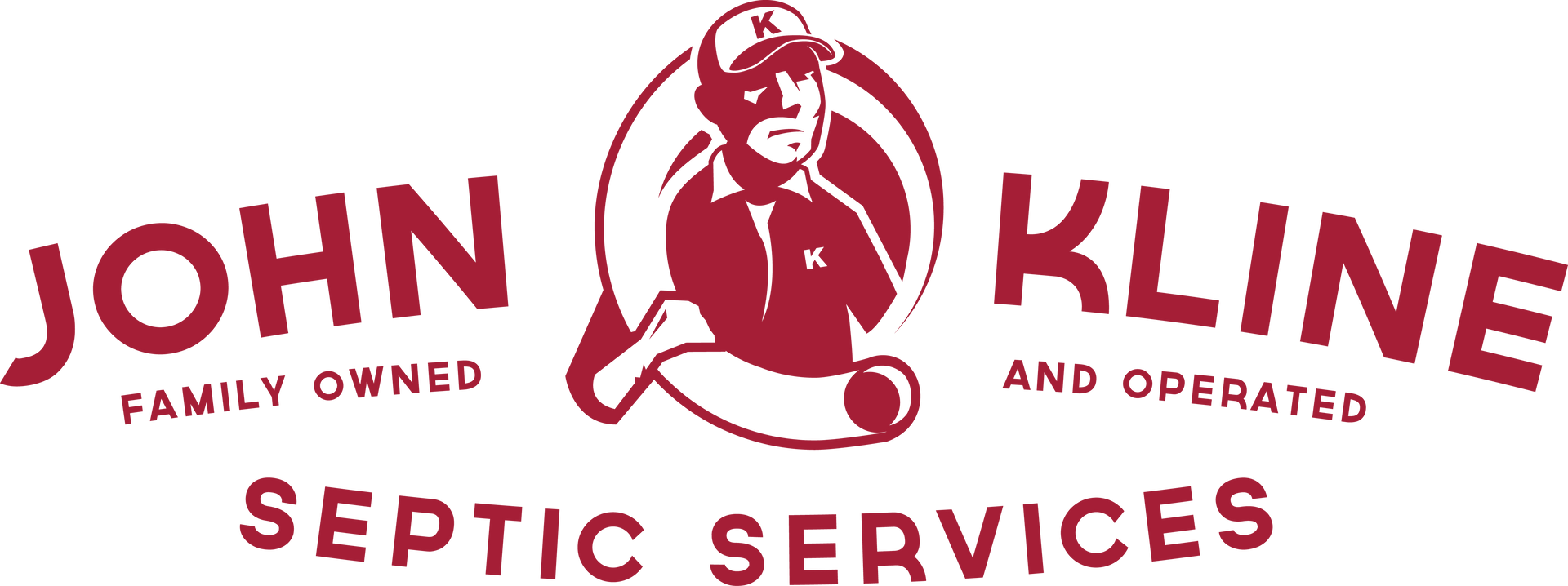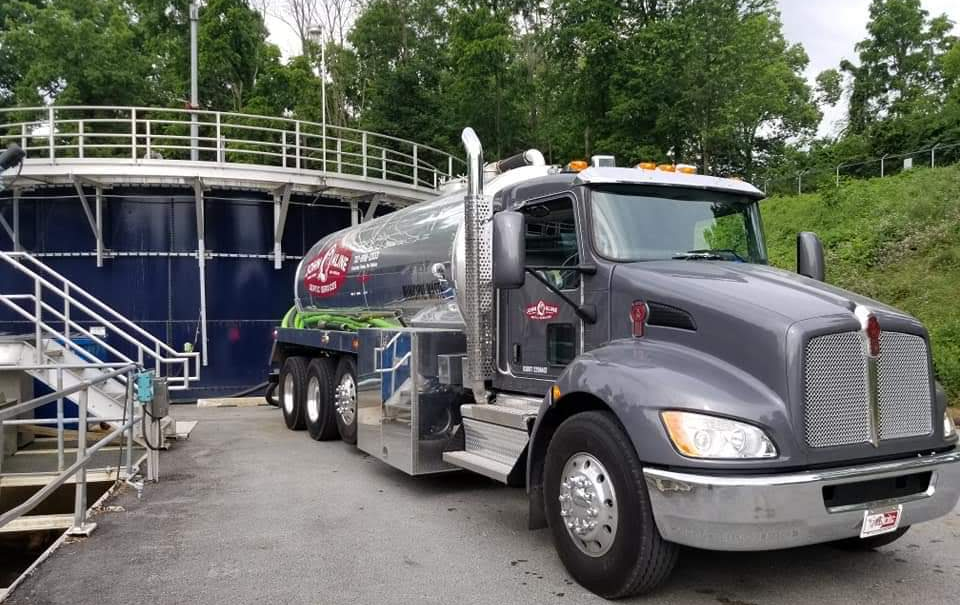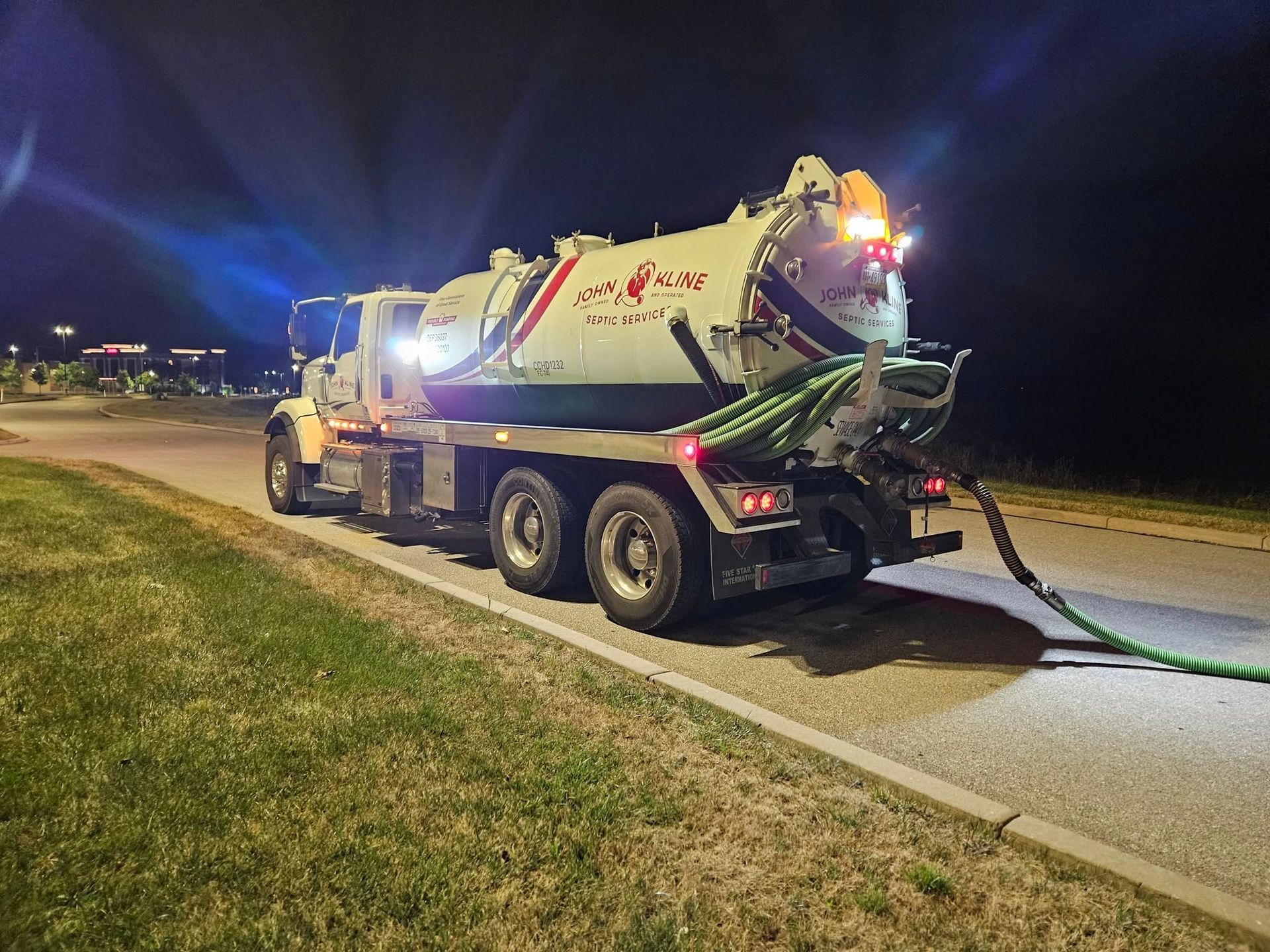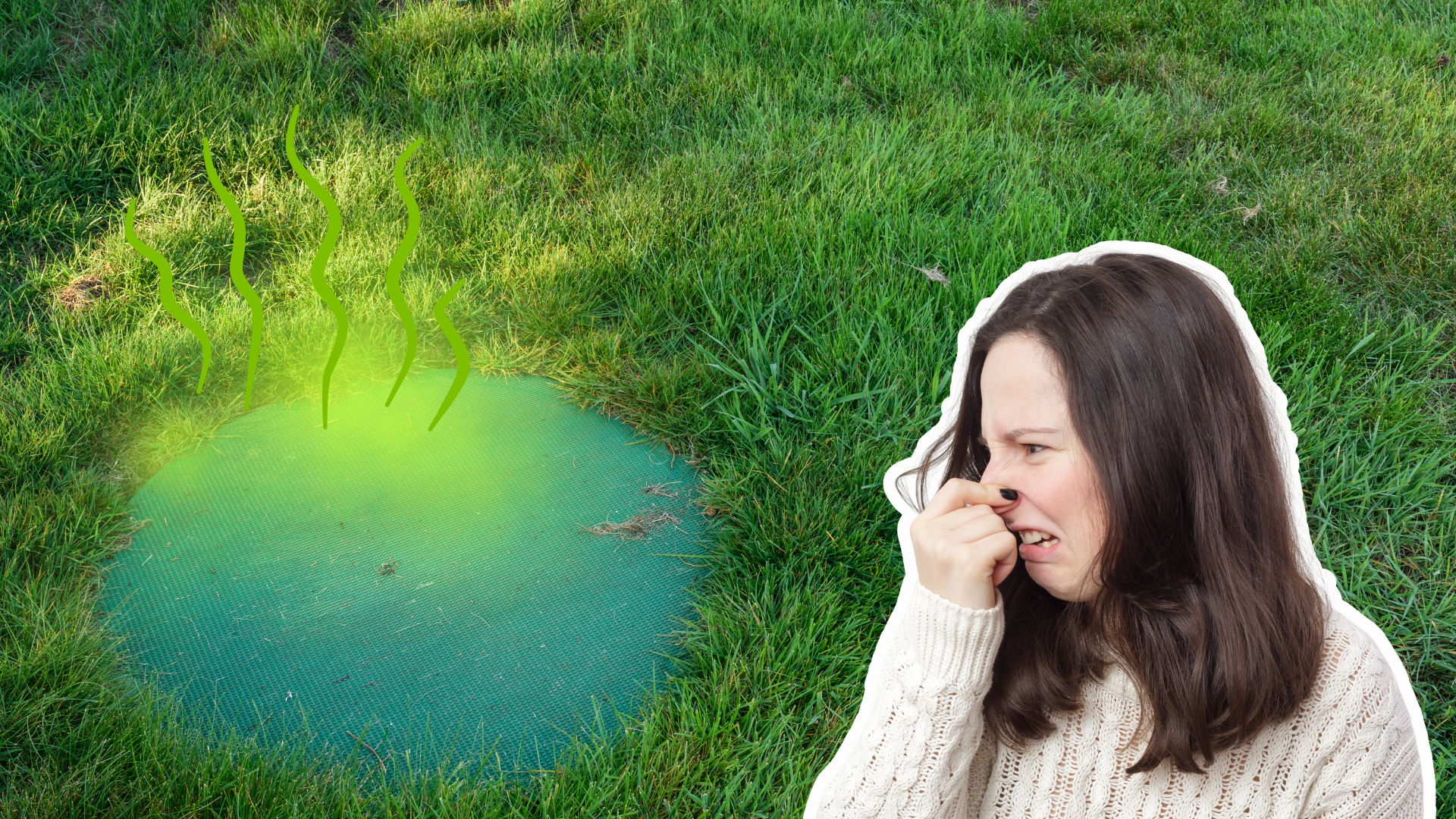Rachel Kline • March 7, 2021
At John Kline Septic Services, we pump out septic tanks of all sizes. From residential to commercial and municipal jobs too. Whether you're in need of a septic tank clean-out or you simply want to learn more about the process, keep reading or contact us today to schedule service.
We offer same-day service for emergencies and our technicians are on call 24/7.
Always Make Sure Your Septic Tank is Cleaned Out Through the Largest Available Access
Depending on the type of septic tank or system you have, your tank may have more than one access point. We always recommend pumping from the large access port on the center of your tank. This is usually covered by an 18-24 inch cement lid or manhole cover, often brought to grade with an extension. Cleaning out your tank from one of its inlet or outlet ports can cause damage to the tank's baffles. It also doesn't allow you to clean out the tank properly, so it's important to make sure your tank is cleaned thoroughly from the main access.
Never Go Longer Than Five Years Between Septic Tank Clean-Outs
Although we recommend having your tank pumped out every 2-3 years, depending on your tank size and the number of people in the house, you may be able to stretch the time between clean-outs before experiencing any problems. If you're the kind who likes to wait, be careful because delaying your clean-out too long can lead to septic backups or possible damage to your system. We recommend you never go longer than FIVE years between your septic tank clean-outs to make sure things are working properly and your tank is filtering out waste the way it should be.
Make Sure Your Septic Tank is Visibly Marked or Easily Accessible
If you're ready to schedule your septic clean-out, be sure your tank is easy to access. Keep your septic system clear of any trees or shrubs, and never park cars or heavy equipment on top of your septic system. If your manhole cover or access port is covered by your landscaping, be sure to mark it with a flag or a bucket, so your technician will be able to find the cleanout upon arrival. If your manhole cover is not up to grade, meaning its buried and hard to locate, we can install an extension or a "riser" to bring the lid up to ground level. Simply ask or contact us ahead of time to ask about installing the riser at the time of your septic pumping. For more information about septic tank risers, click here.
Ready to have your septic tank cleaned out? We offer commercial service and residential septic pumping in Lancaster, Pa
and the surrounding areas including York, Lebanon, Berks, Chester, and Dauphin counties. Call today - 717-898-2333.






